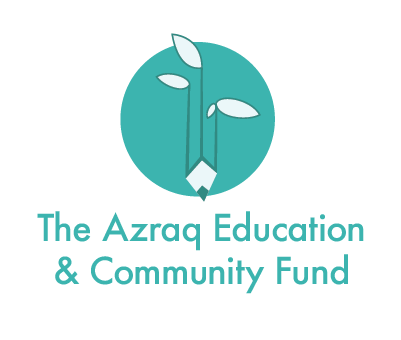Our visit to the Za'atri refugee camp
Imagine: you come from a place with a deep rich history and you have a warm home, a kitchen filled with delicious food, a school for your children, and green space in your town for picnics and late night strolls.
Now, your country is in crisis and you have to flee. The nearest safe place is Jordan. And as you enter, you are ushered into Za’atri refugee camp, the largest in Jordan. There, you find a huge patch of desert converted into an emergency city. Four years later, you are still there, in the middle of the nowhere, in a pre-fabricated house, living exclusively by handouts. This is now your life.
So what do you do? You find a way to get back some of the things you’ve lost – except that you can’t return to Syria. You find a person that you know within Jordan who can vouch for you and you leave Za’atri, knowing that once you do, you won’t be able to return.
Za’atri camp is where we found ourselves today, hosted by the United Nations High Commission for Refugees (UNHCR), the organization responsible for managing the camp. We were able to see the processing center (the first stop for Syrian refugees who want to cross the border into Jordan), a health clinic, a community center and library, and the main market of the camp, nicknamed the “Champs de Elysees” with only a slight dose of sarcasm.
It was important to see this side of the refugee experience as we continue our work in the urban community. The media often overlooks the fact that the majority of refugees, after being sent from the Syrian border to the camp, choose to leave. They leave because at Za’atri, they live by handouts. They live crammed next to their neighbors in pre-fabricated houses (only recently converted from tents) with little to do but look out into the desert and reminisce about their lives in Syria. Even with the robust market they have built and various U.N. programs, the refugees are just waiting to return.
But once outside of the camps, there is little support for these refugees and they often become the most vulnerable. They are unable to work legally, face escalating rent prices, and don’t have the basic suite of services offered in the camp. When we told the aid workers we met at Za’atri about our organization, they agreed that these are the refugees that need our help the most.
The programs that we are supporting through The Syria Fund – providing access to education and distributing material goods – significantly reduce the pressure that families face and save them from impossible decisions like returning to war-torn Syria or taking their chances on a smuggler’s boat to Greece.

